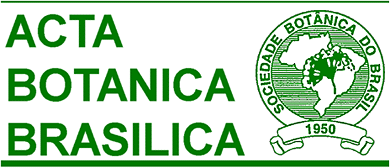Phenol peroxidase (POX) is a dual enzyme that is involved with hydrogen peroxide scavenging and lignin biosynthesis, contributing to growth inhibition by secondary wall thickening. In order to relate growth inhibition to salt-induced oxidative modulation, the activities of superoxide dismutase (SOD), catalase (CAT), ascorbate peroxidase (APX) and POX were evaluated in cowpea roots under salinity. Four-day-old seedlings of the Pitiúba and Pérola cultivars were exposed to 0, 25, 50, 75 and 100 mM NaCl in germination paper under controlled conditions. After two days of treatment, root length was reduced under 100 mM NaCl by 56 and 26% in Pitiúba and Pérola, respectively, which was associated with enhanced electrolyte leakage and cell death in the root apex. NaCl salinity did not trigger lipid peroxidation, indicating that cell death was probably due to membrane damage instead of oxidative stress. Salt stress reduced the activity of SOD, CAT and APX and increased the POX activity, demonstrating that this enzyme plays a role in oxidative protection in cowpea roots exposed to NaCl salinity. In conclusion, salt-induced growth inhibition in cowpea roots could be attributed, at least in part, to a coordinate action involving an increase in POX activity and a drop in CAT and APX activities.
Oxidative protection; root growth; salt stress; Vigna unguiculata



